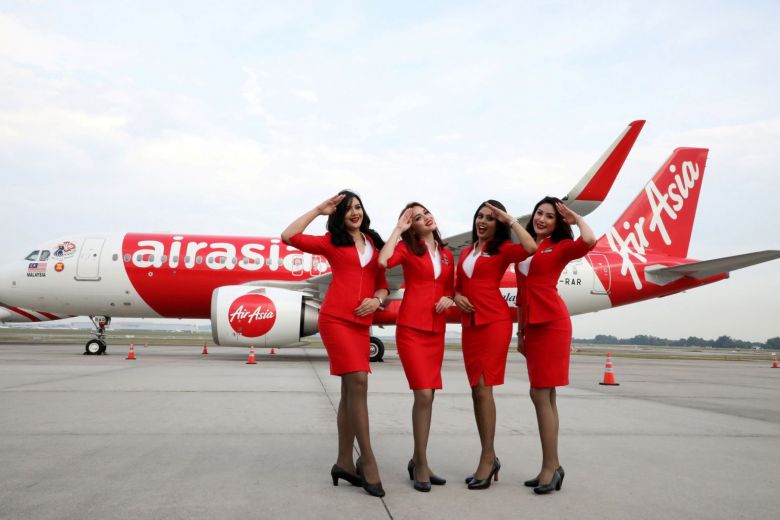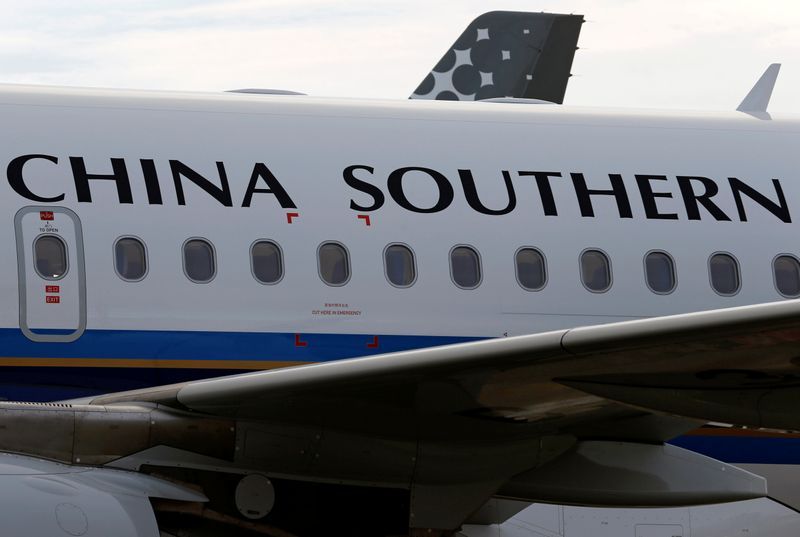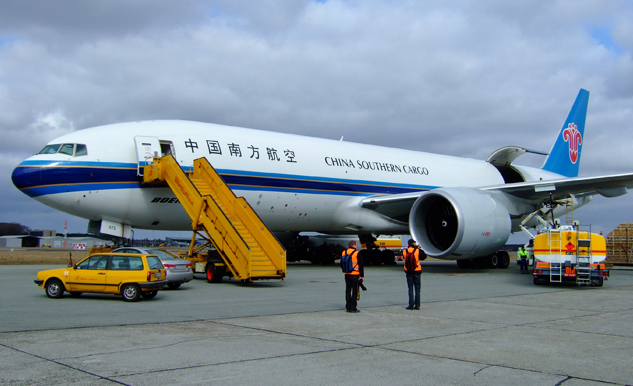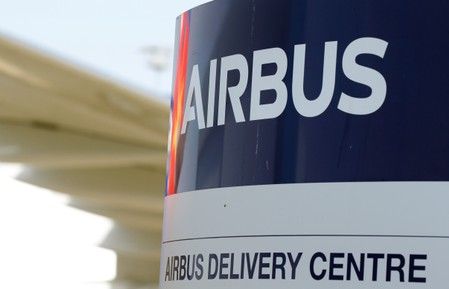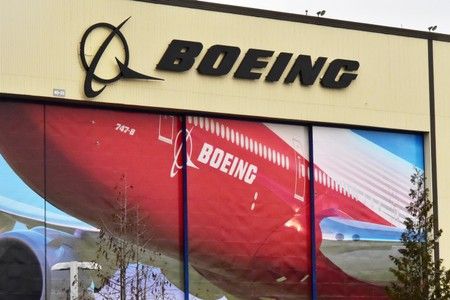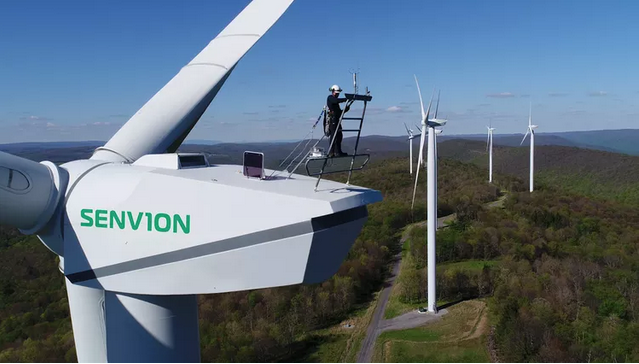PARIS (Reuters) – Airbus <EADSY> said in a stock market filing on Monday that customers could seek to cancel or postpone delivery of airliners and helicopters as the coronavirus crisis continues to escalate.
It issued the warning in an annual reference document ahead of its upcoming Amsterdam shareholder meeting, for which it urged participants to vote by proxy rather than attend in person due to widespread measures to slow the spread of the disease.
Airbus Chief Executive Guillaume Faury said earlier that several airlines had asked to defer deliveries, but that most were continuing to pay their deposits.
“Weaker market and economic conditions in China and their knock-on effects in other markets could result in requests by customers to postpone delivery or cancel existing orders for aircraft (including helicopters),” the filing said, though Faury said earlier there were some signs of recovery in China.
Airbus also detailed steps to improve compliance practices after paying a 3.6-billion-euro fine last month to settle a four-year multinational bribery probe.
But it warned that possible further investigations in other jurisdictions could trigger claims against it by shareholders, impact its ability to raise finance or limit its eligibility for public contracts, as well as harm future commercial sales.
Malaysian authorities last week cleared AirAsia Group <5099.KL> after Britain’s Serious Fraud Office faulted a sponsorship deal between former Airbus parent EADS and a motor racing team owned by the airline’s co-founders.
But the SFO probe, supported by Airbus’s own lawyers, caused a severe rift between AirAsia and its sole supplier, adding to doubts over whether long-haul unit AirAsiaX will take delivery of A330neo jets on order, three people close to the matter said.
AirAsia officials could not be reached for comment. Airbus declined comment.
Loss-making AirAsiaX has said only that it wants to defer delivery of A330neo jets due to the coronavirus crisis.
Deliveries of the wide-body aircraft have also been hit by the impact of U.S. tariffs on Airbus aircraft under a long-running trade dispute, as well as concerns about overcapacity.
Airbus trimmed A330 output in January from about four a month in 2019, Reuters reported earlier this month.
In Monday’s filing, Airbus said it would maintain production of the A330neo at 3.5 aircraft a month.
(Reporting by Tim Hepher; Editing by Mark Potter, William Maclean)
